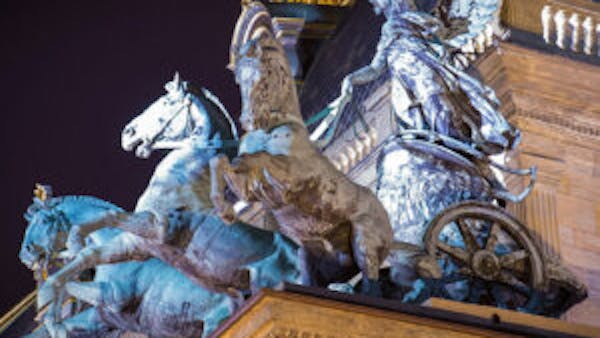WHO WAS JOHN WYCLIFFE?
John Wycliffe was born in the village of Hipswell, Yorkshire in 1324. England would soon be plunged into civil and political unrest with the onset of The Hundred Years War, and the terrible sweep of the bubonic plague across Europe. The influence of Roman Catholicism had cast a dark spell over the spiritual life of the people and the winds of revolution and reform were beginning to blow. There was need of hope beyond what the Church and Crown could offer and into this melting pot of turmoil and longing, God sent John Wycliffe as a harbinger of the dawn that was just over the horizon.
Wycliffe was educated at Oxford and had a razor-sharp mind that sponged up every morsel of knowledge that was placed before him. At Oxford, he had the privilege of becoming acquainted with the Bible, which was inaccessible to the common man because it was only available in Latin, and as he studied the Bible, he began to see more clearly the abuses committed by the Papacy and the root causes for the superstition and error that covered the people in darkness. He was roused to action and began speaking out against the gross injustices and errors sanctioned by the Roman church.

